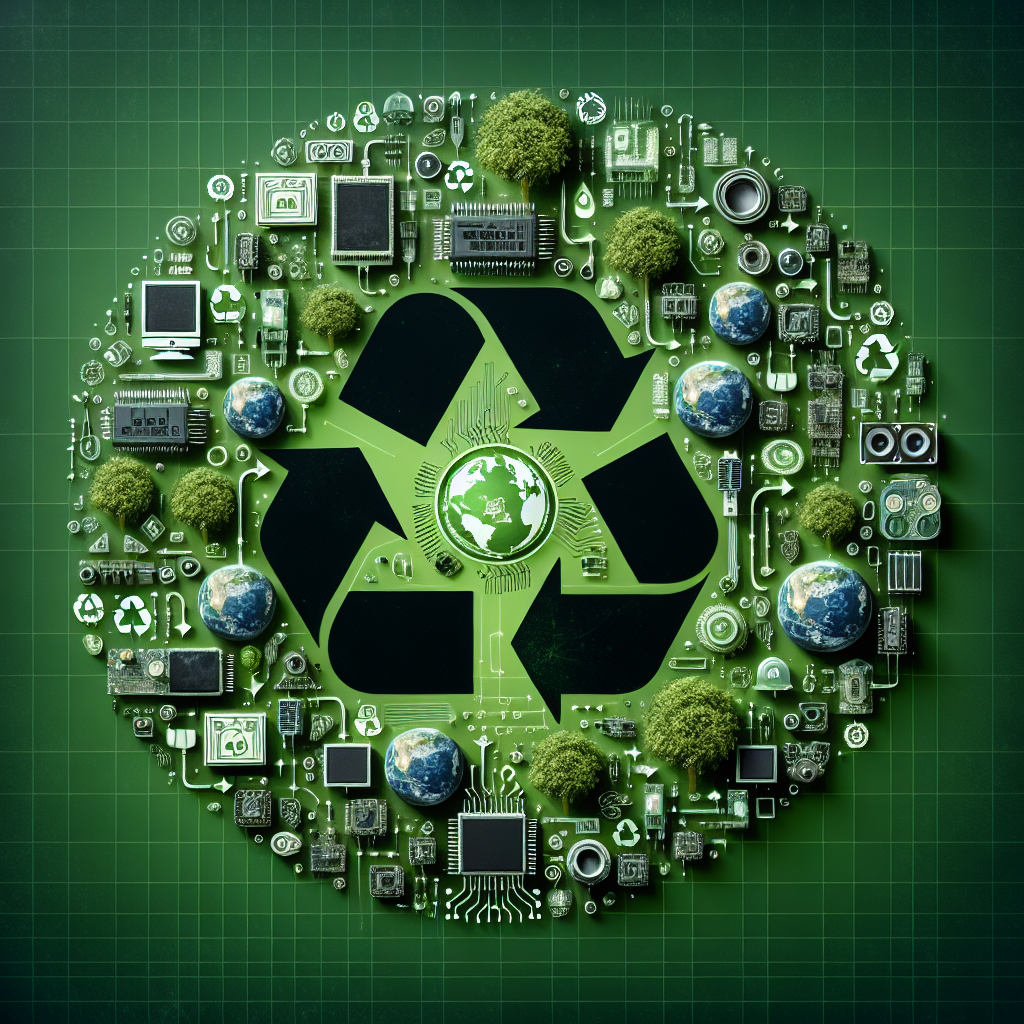Blog Ecobraz Eigre

Ecobraz Emigre blog: articles on recycling and electronic waste
Legislation and Regulations on Electronic Waste
The proper management of electronic waste is regulated by the National Solid Waste Policy (Law No. 12.305/2010), which establishes guidelines for sustainable management and shared responsibility between generators, retailers and consumers. Among the law's objectives is to reduce the environmental impact caused by incorrectly disposed electronic devices, preventing contamination and promoting recycling.
Importance of Electronic Waste Recycling for the B2B Sector
The life cycle of electronic products can be extended by recycling and reusing components, reducing the extraction of raw materials and the generation of toxic waste. For decision-makers in the ESG, EHS, Purchasing, IT and Legal areas, the proper handling of these materials ensures legal compliance and operational sustainability, in line with best practices and corporate goals.
Electronic Waste Collection: Procedures and Scheduling
To enable the collection of electronic waste in an efficient and environmentally correct manner, it is essential to use specialized services that meet the requirements of current legislation. Scheduling for e-waste collection must be carried out through specific platforms, guaranteeing traceability and certification of the final destination of the materials. Find out more and make your e-waste collection appointment.
Sanitization and Safe Disposal of Hard Drives and Digital Media
The safe disposal of storage devices, such as hard drives and digital media, requires sanitization processes that ensure the final elimination of data, preventing leaks and legal risks. Specialized solutions apply certified techniques to destroy sensitive information before it is sent for environmentally correct disposal. Find out about procedures and make an schedule for the safe disposal of hard disks.
Environmental Impacts and Benefits of Reusing Components
The correct handling of electronic waste contributes to reducing the emission of toxic substances into the soil, water and atmosphere. Recycling promotes the recovery of precious metals and electronic assemblies, minimizing environmental and economic impacts. Sustainable strategies incorporated into corporate plans promote transparency and social responsibility, in line with Brazilian regulations.
Official Sources and Legal References
According to Law No. 12.305/2010 (National Solid Waste Policy); data from National Solid Waste Management Information System (SINIR) and guidelines from the Center for Environmental Technology - CETESB, the management of electronic waste must be carried out in such a way as to guarantee environmental safety and legal compliance. Other important references involve the guidelines of the Chamber of Deputies and technical databases from the National Institute of Standards and Technology (NIST), which support best practices in the industry.

Deixe um comentário
O seu endereço de e-mail não será publicado. Campos obrigatórios são marcados com *